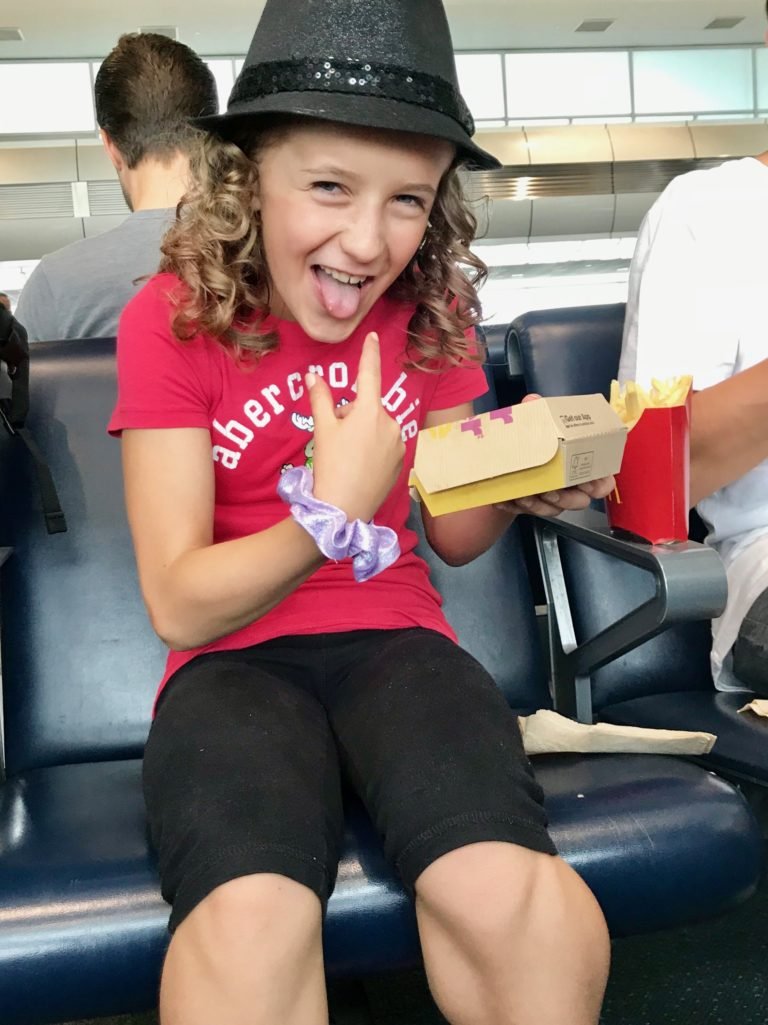So much of my younger life, I learned that my value was connected to what I looked like—particularly my weight. I remember so often hearing things like, “so-and-so looks like she’s lost weight, gained weight,” “she looks good,” “Wow, she’s put on some pounds…” as well as self-deprecating comments about bodies, and plenty of remarks about what I was eating and how it was sure to negatively effect my body. Or one of my dad’s favorites, when he’d smack my belly teasingly and say something like, “Suck it in!”
Of course those early family messages were combined with the plethora of “skinny”—(read “not healthy”) size 0 bodies plastered everywhere, further reminding me that the shape of my body was the gauge for which my value was measured by society as well.
I learned that my worth was intricately connected to what others saw. I still struggle with that message and have to proactively remind myself that my inherent value is not dependent on my pant size.
I want to teach my kids—yes, both of them—that their value as human beings has so much to do with how they are showing up in the world, and so little to do with the shape or size of their bodies. There are great reasons for keeping our bodies fit and healthy, we just need to untangle those from ideas of our inherent beauty and value.
While body issues tend to strike more females in our society, plenty of boys and men have deeply engrained narratives about what their bodies are supposed to look like and how they’re falling short. It’s important in my practice of parenting to provide my kids—and hopefully the ripple effect is far-reaching—a positive foundation for LOVING their bodies, no matter what they look like.
Here are a few ways I (do my best to) go about that practice:
It’s your body—make friends with it
It’s my job to help you build a healthy relationship with your body and with food—not to regulate everything that goes into your mouth (that teaches you nothing). I want you to learn to feel what your own body needs, wants, craves; how it responds to different foods, pacing, and ways of eating. I want you to build a connection to how your body feels when nourished verses “filled up,” and how that impacts the way you move, your presence and overall sense of self, your mental clarity, your emotional state, and your physical capacity.
I don’t force my kids to “clean their plates.” That negates developing an attuned response to their personal sense of being full. I also teach them to develop a sense of amounts that feel reasonable and to be mindful of wasting food.
Trust the process of learning what your particular body needs to feel it’s best. It doesn’t happen overnight, and part of the reason I’m here is to help guide and support you—to give you the architecture—then you design your physical home. Your body is your primary foundation and resource for existing in this world. It is essential that it become a foundation of love and presence and health, and the way you nourish yourself plays a primary role.
Eat EVERYTHING
Focus on nourishing, not restricting. Everything has a place and a time. Really. If you want to drink a rainbow sprinkled unicorn smoothie with a friend because it’s the coolest new Starbucks craze, drink it. Notice what you feel like in the enjoyment …and in the aftermath! Don’t completely restrict anything—unless you’ve cultivated an understanding of how a particular food just doesn’t work for you. Find your own balance.
Does this mean that if my kids want mac & cheese every night, I allow that? Of course not. I design meals and provide nutrient-rich foods as snacks. I encourage healthy choices. We share meals as a family as much as possible, and we all eat what is served. And we all get to have a voice.
When we restrict and restrict and restrict, we tend to crave more. Feeling deprived creates a negative cycle with focusing and wanting what we can’t have. But when we learn to make mindful choices based on developing a relationship, we find our way.
Trust that your body knows, and will learn, what it actually needs when you pay attention. Also learn to watch for mindless craving and patterns of “filling the gap.” Learn to listen to the deeper wisdom of your body and that wisdom will grow.
I Love My Body
We learn through watching the people around us—primarily our parents. I’m very conscious of talking about my body in terms of things I can do, things I want to be able to do, things I’m learning, reasons for training, stretching, playing, and practicing various sports like skiing and climbing. I want my body to be a place where I feel centered, grounded, strong, healthy, capable, and at peace.
I hope that you love ALL OF YOU—even the parts of you that are unique, that don’t match with societal standards, or that seem “imperfect.” You are imperfectly perfect, and the way you were uniquely designed can be a powerful foundation for your ongoing impact in this world.
When my kids hear me share how important it is that I train, they know through years of hearing it, that it’s because I feel more present, strong, and embodied. I have better mental clarity, energy, and emotional resource. I am taking care of myself so that I can take better care of them. I don’t believe my children have ever heard me say a single negative word about the shape, size, or weight of my body and I vow that they never will. I hope that when I’m 80 + I am still an active participant with my body—with play and exercise and presence, and that I’m engaged in physical practices that support aliveness and connection.
Our bodies provide a wealth of resource for self-reflection. When we learn to listen to deeper messages, track sensation, and slow our spinning heads enough to sit with what is, we learn so much. I have always done my best to teach my kids that their bodies are wise and to pay attention to their own developing wisdom.
We have constant opportunities as parents to stop negative generational patterns and messages that we received, to provide new narratives to our kids, and evolve our experience of living in this world. Our relationships with our own bodies, and the way we teach our children to love and respect their bodies, has potential to repair so much of our collective story about our value in this world.
May you feel alive, engaged, and fully IN YOUR BODY with each breath.
May you allow your body to be a source of both wisdom and curiosity, continually challenging and teaching you.
And may you LOVE your body, exactly as it is, and feel it as a foundation of strength, centeredness, openness and connection, and deep gratitude.
For the Love of Your Life,
Angie









